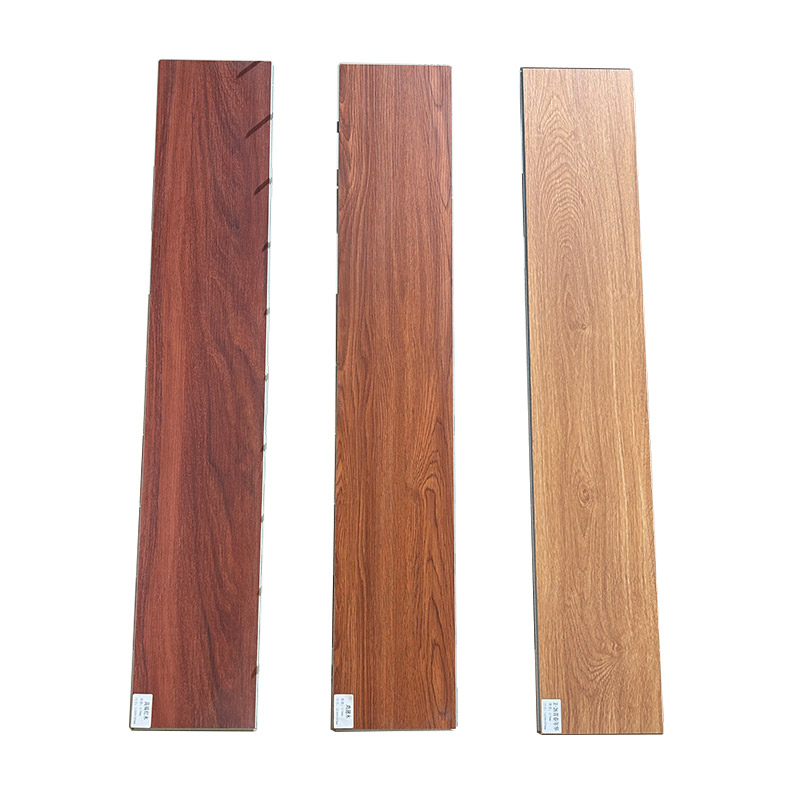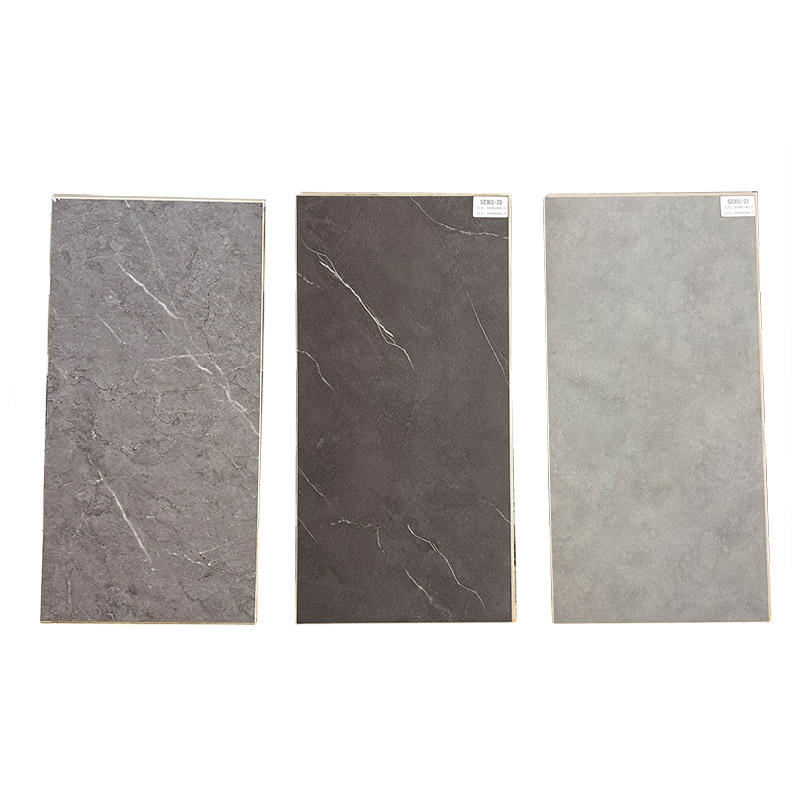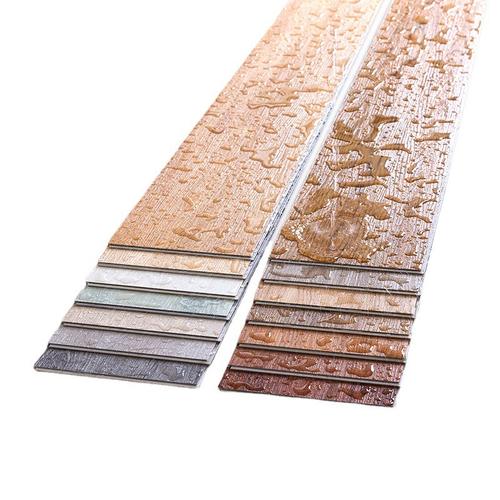Cleaning SPC Flooring Guide – Strategies and Maintenance Tips
After installing SPC flooring, found that cleaning is different from what I imagined! It is clearly written as waterproof and wear-resistant, so why does it have problems when cleaning?
Many people think that SPC flooring is waterproof and can be soaked in water for wiping, and wear-resistant and not afraid of scratches – totally wrong! The waterproof performance of stone plastic flooring refers to the ability to resist small-scale liquids such as daily tea spills and pet drinking water spills. If water is left soaking on the surface for a long period , it will eventually seep into the floor joints, causing the edges of the floor to curl and deform. Although wear resistant layered floors are tougher than most common shoes, they could be damaged by sharp keys, scissors or even pet claws which would scratch them resulting in permanent damage.
Before dealing with stains, we must first understand the type of stains. Common stains are mainly divided into three types:
Oily stains (food oil, cosmetics) need to be dissolved and peeled
Water-based stains (juice, beverages) need to be wiped dry in time to prevent color bleeding
Sticky stains (glue stains, chewing gum) need to be physically removed + solvent assisted
Different stains need different methods, just like taking the right medicine for a disease, otherwise the more you wipe, the dirtier it will get! For example, water-based stains can be mostly solved with water, while oily stains need to be removed with some solvents, and sticky stains need to be removed with skill.
Table of Contents
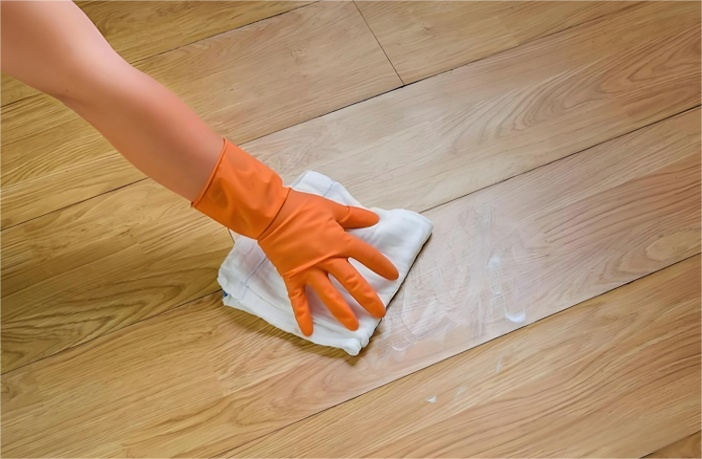
Cleaning Strategies By Scenario
Daily maintenance
5 minutes a day, save the big cleaning
The first step of cleaning is to use an electrostatic dust mop to absorb dust and hair. This mop has its own electrostatic adsorption function. With a light mop, hair and dust will be adsorbed on the mop. Brush vacuum cleaners and other cleaning tools are much easier to use than traditional vacuum cleaners as they allow quick daily cleans. If there are pets at home or elderly individuals with dry skin that shed hair, brush heads using gentler suction like soft-bristled heads can lift dirt without damaging the floors.
Mopping skills:
Remember the “dry first, wet later” principle when mopping the floor. Dry mop to remove dust and slightly wet mop to remove stains. Dry mopping can clean the dust and gravel on the surface of the floor to avoid these particles rubbing against the surface of the floor when wet mopping; when wet mopping, the mop must be wrung to a semi-dry state. Too much water can easily make the floor damp, and too little water will not clean it cleanly. Slightly damp is just right. After mopping, open the doors and windows for ventilation, and the floor will dry quickly without fear of water accumulation.
Deep cleaning
For stubborn stains
When you encounter old oil stains, pour some medical alcohol to wipe them. Alcohol has good solubility and can easily dissolve oil stains. It also evaporates quickly and will not leave any marks after cleaning. However, be careful not to pour too much alcohol at one time when wiping. Dip a small amount with a rag and wipe gently until the oil stains are removed.
Don’t pick hard at glue stains, just use a plastic scraper to scrape gently. Although metal tools are hard, they can easily scratch the surface of the floor, which is not worth the loss. When operating, place the plastic scraper at an angle of 15° – 30° to the floor, and slowly scrape up the glue stains. If there are any residues, you can wipe them gently with an eraser.
If there are elderly people and children at home, don’t use chlorine-containing cleaners casually when disinfection is needed. Although chlorine-containing cleaners have good disinfection effects, they are highly corrosive and will damage the surface coating of the stone plastic floor. It is recommended to choose a mild quaternary ammonium salt disinfectant and dilute it according to the instructions. It can achieve the purpose of disinfection without damaging the floor.
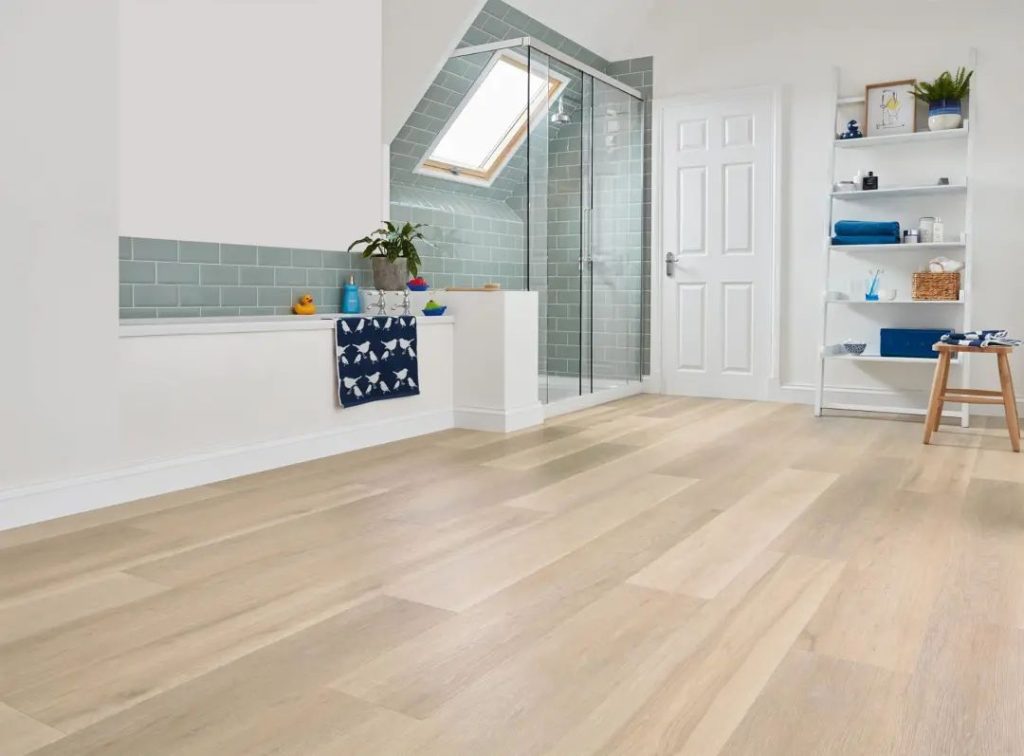
High-risk Operation Avoidance List
You may be making these mistakes
✖ Steam mop: Because the stone plastic floor will soften at high temperatures, the high-temperature steam generated by the steam mop will destroy the structural stability of the floor.
✖ Hard brush/steel wool: The bristles or steel wires of these tools are too hard, and the floor will be as rough as sandpaper after mopping. The wear-resistant layer on the surface of the floor will be destroyed, which will not only affect the appearance, but also reduce the service life of the floor.
✖ Abuse of white vinegar/lemon juice: The use of white vinegar and lemon juice, common household items, can break down some stains because they are acidic. However, repetitive use will result in loss of shine for the floor as it will be corroding the surface gradually over time.
✖ Bleach: This procedures result will cause a permanent damage to the floors as it directly strips away their color. Not only does it produce unpleasant odors that linger around the room, but it also destroys pungent smells already present.
Additional Measures to Extend The Lifespan
Stick 3M felt pads under the furniture legs, which are silent and scratch-resistant when moving. When sticking, first wipe the bottom of the furniture legs clean to ensure that there is no dust, then tear off the adhesive paper on the felt pad, align the position and press gently, press several times to make the felt pad stick firmly.
Remember to turn on the dehumidifier during the rainy season, and don’t let the floor soak in moisture. When the air humidity is too high, the floor is prone to swelling due to moisture, causing bulging at the joints. You can place the dehumidifier in the main areas such as the living room and bedroom, set the appropriate humidity range, and keep the room dry.
For families with floor heating installed, try to wring out the mop when mopping the floor in winter to avoid large temperature differences that affect the lifespan. When the floor heating is turned on, the floor temperature is high. If you use a very wet mop to clean it, the alternating hot and cold will easily cause the floor to shrink and deform.
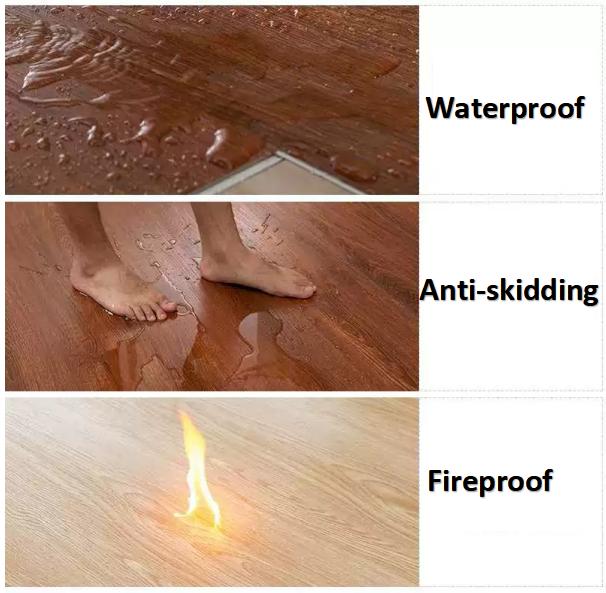
Practical Tips for Saving Money
Medical alcohol can be used as a cleaning agent! In addition to wiping oily stains, alcohol is also very effective for cleaning kitchen fume stains and oily handprints on the table. It can also disinfect and is more than half cheaper than special cleaning agents. However, please note that alcohol is flammable, so keep away from fire when using it, and do not spray it over a large area.
To repair shallow scratches, you can buy an SPC floor repair pen and choose the color of the rubber. Before use, clean the scratches, remove dust and impurities, then gently shake the repair pen, squeeze out an appropriate amount of repair liquid, and apply it along the direction of the scratch, trying to apply it evenly. After applying, wait for the repair liquid to dry. It usually dries thoroughly in a few hours. After drying, the scratches are almost invisible, and even clumsy people can use it easily.
Summary
The core of stone plastic floor cleaning is “less water, symptomatic, and scratch-resistant”. Choose the method according to the type of stain, avoid high-risk operations, and simple maintenance can be used for ten years. Next time you see a stain, don’t rush to wipe it violently – think about what it is afraid of first.

